
Zeebrugge: Belgium's Coastal Gem
Zeebrugge, a charming port town on the Belgian coast, offers a unique blend of maritime history, sandy beaches, and modern attractions. Known as the 'Bruges on Sea', it is an ideal destination for tourists seeking both relaxation and adventure. The town's picturesque seafront and bustling harbor make it a perfect spot for leisurely walks, while the nearby city of Bruges is just a short trip away, offering a wealth of cultural and historical experiences. One of the main attractions in Zeebrugge is the Seafront Maritime Theme Park, which provides a fascinating insight into the world of sea travel and marine life. Visitors can explore historic ships, such as the Russian submarine Foxtrot and the Westhinder lightship. The park also features an aquarium and various interactive exhibits, making it a great destination for families. For beach lovers, Zeebrugge boasts a wide stretch of sandy beach, perfect for sunbathing, swimming, and beach sports. The beach is lined with cozy cafes and seafood restaurants, where you can savor fresh, local delicacies while enjoying stunning views of the North Sea. In the summer months, the beach comes alive with vibrant festivals and music events, providing entertainment for visitors of all ages. Zeebrugge is also an important hub for seafood, with its fish market being one of the largest in Europe. Early risers can witness the lively fish auctions, where fishermen sell their daily catch. The town's seafood restaurants are renowned for their fresh and delicious offerings, with mussels, shrimp, and sole being local favorites. Whether you're looking to soak up some sun, delve into maritime history, or enjoy delicious seafood, Zeebrugge has something for everyone. Its charming blend of relaxation and adventure makes it a must-visit destination on the Belgian coast.
Local tips in Zeebrugge
- Visit the Seafront Maritime Theme Park early in the morning to avoid crowds.
- Try the local seafood dishes at the beachside restaurants for a true taste of Zeebrugge.
- Take a short trip to nearby Bruges for a day filled with cultural and historical experiences.
- Check the local event calendar for beach festivals and music events during the summer months.
- Witness the fish auctions early in the morning at the local fish market for a unique experience.
Zeebrugge: Belgium's Coastal Gem
Zeebrugge, a charming port town on the Belgian coast, offers a unique blend of maritime history, sandy beaches, and modern attractions. Known as the 'Bruges on Sea', it is an ideal destination for tourists seeking both relaxation and adventure. The town's picturesque seafront and bustling harbor make it a perfect spot for leisurely walks, while the nearby city of Bruges is just a short trip away, offering a wealth of cultural and historical experiences. One of the main attractions in Zeebrugge is the Seafront Maritime Theme Park, which provides a fascinating insight into the world of sea travel and marine life. Visitors can explore historic ships, such as the Russian submarine Foxtrot and the Westhinder lightship. The park also features an aquarium and various interactive exhibits, making it a great destination for families. For beach lovers, Zeebrugge boasts a wide stretch of sandy beach, perfect for sunbathing, swimming, and beach sports. The beach is lined with cozy cafes and seafood restaurants, where you can savor fresh, local delicacies while enjoying stunning views of the North Sea. In the summer months, the beach comes alive with vibrant festivals and music events, providing entertainment for visitors of all ages. Zeebrugge is also an important hub for seafood, with its fish market being one of the largest in Europe. Early risers can witness the lively fish auctions, where fishermen sell their daily catch. The town's seafood restaurants are renowned for their fresh and delicious offerings, with mussels, shrimp, and sole being local favorites. Whether you're looking to soak up some sun, delve into maritime history, or enjoy delicious seafood, Zeebrugge has something for everyone. Its charming blend of relaxation and adventure makes it a must-visit destination on the Belgian coast.
When is the best time to go to Zeebrugge?
Iconic landmarks you can’t miss
Belfry of Bruges
Discover the Belfry of Bruges, a historical landmark offering stunning views and rich heritage in the heart of Belgium's picturesque city.
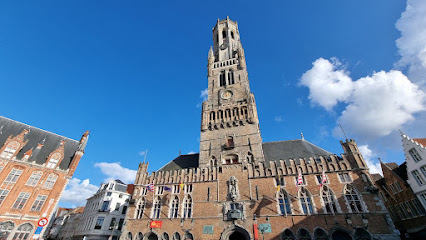
Minnewater Park
Explore the serene beauty of Minnewater Park, a peaceful retreat in Bruges, perfect for relaxation, picnics, and romantic strolls surrounded by nature.
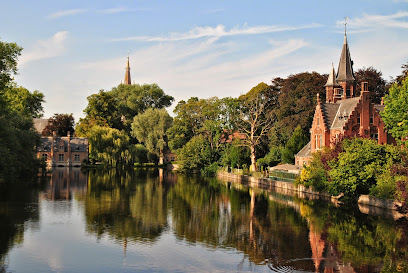
De Burg
Discover the historical charm of De Burg, Bruges, a captivating landmark that showcases the city's medieval beauty and vibrant culture.
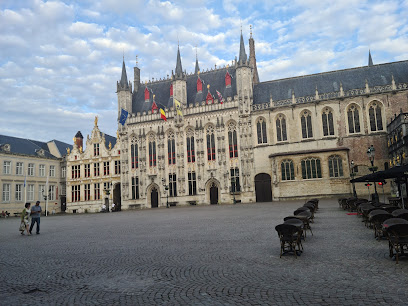
Kruispoort gate
Explore the majestic Kruispoort Gate, a historical landmark in Bruges that showcases medieval architecture and the city's rich history.
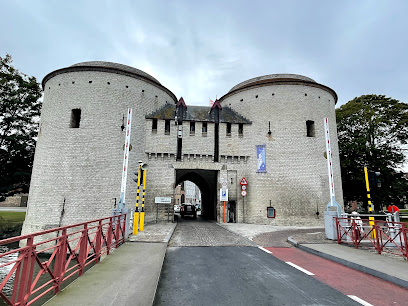
Rosary Quay
Discover the breathtaking beauty of Rosary Quay in Bruges, a picturesque haven where history and stunning architecture meet serene canals.
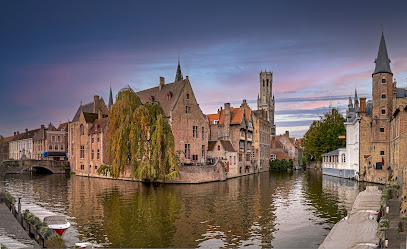
Cruise Terminal Zeebrugge
Explore the captivating beauty of Belgium and beyond from Cruise Terminal Zeebrugge, your gateway to unforgettable maritime adventures.
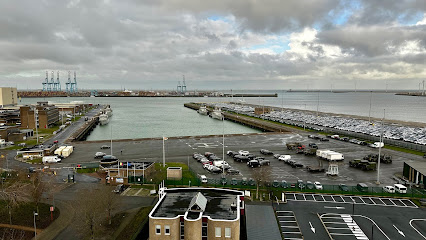
Ezelpoort
Discover the enchanting Ezelpoort, a historic gateway in Bruges, Belgium, steeped in medieval charm and surrounded by picturesque landscapes.
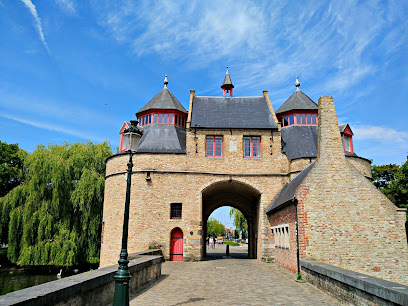
Seafront
Explore the maritime charm of Bruges at Seafront, where history and adventure sail hand in hand.
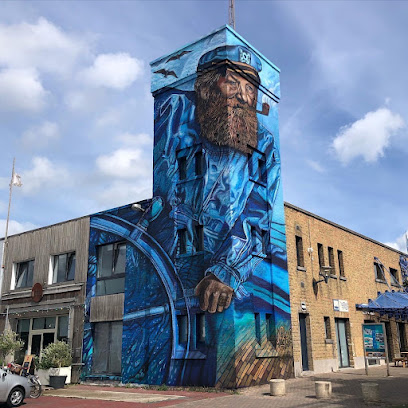
Adornes Domain
Explore Adornes Domain, a historic museum in Bruges showcasing the city's rich culture and heritage amidst stunning architecture and tranquil gardens.
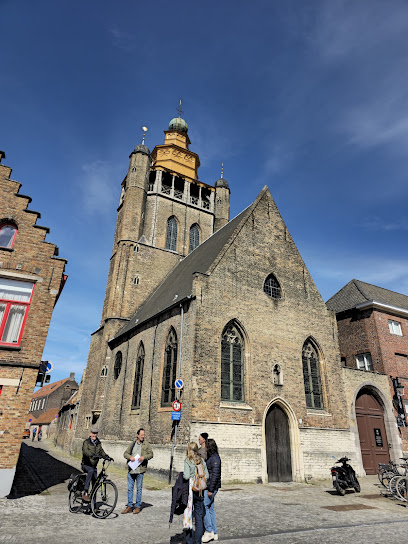
Sint-Janshuismolen
Explore the historic Sint-Janshuismolen in Bruges, a charming windmill museum that showcases the art of milling and offers stunning city views.
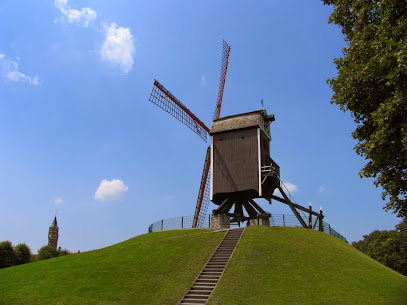
Lake of Love
Discover the romantic charm of the Lake of Love in Bruges, a serene getaway perfect for nature lovers and couples alike.
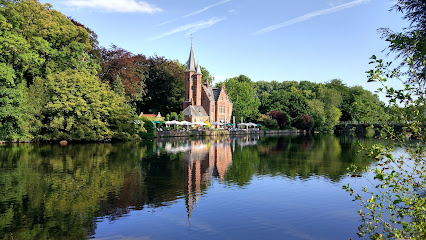
Port of Antwerp-Bruges
Explore the vibrant maritime world at the Port of Antwerp-Bruges, where history meets modern shipping in a stunning waterfront setting.
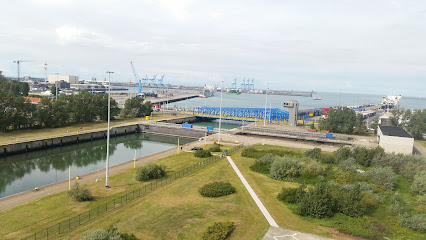
Gunpowder Tower (Poertoren)
Explore the Gunpowder Tower (Poertoren) in Bruges, a historical landmark that showcases the city's rich heritage and stunning medieval architecture.
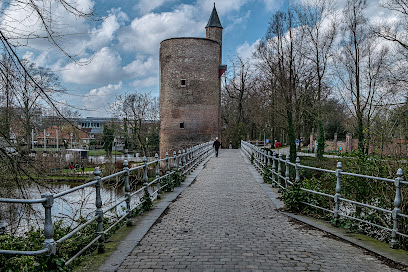
harbor cruises FRANLIS
Explore the beautiful Zeebrugge harbor on a captivating boat cruise, where adventure meets tranquility amidst stunning coastal views.
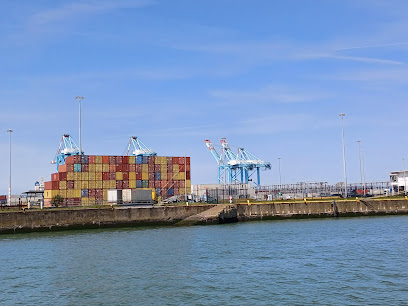
C.Ro Ports Zeebrugge (Gate Ferry Terminal)
Explore the enchanting coastal beauty of Bruges from C.Ro Ports Zeebrugge, your gateway to the UK and beyond.
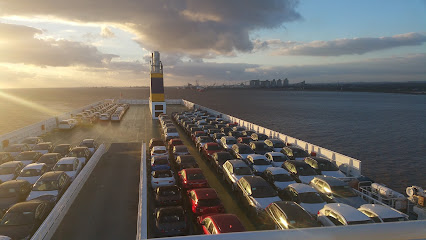
Unmissable attractions to see
Castle of the Counts
Explore the rich history and stunning architecture of the Castle of the Counts in Ghent, a must-see landmark for every tourist.
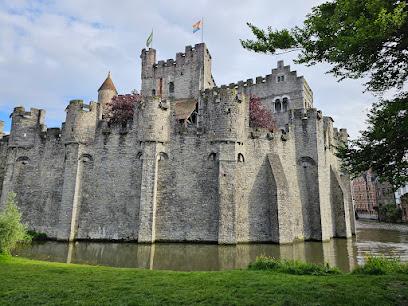
Gravensteen
Experience the medieval charm of Gravensteen, Ghent's iconic castle, and immerse yourself in the rich history of Belgium's past.
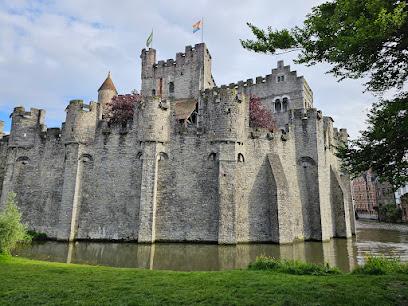
Belfort
Discover the breathtaking Belfry of Bruges, a historic bell tower offering stunning views and a glimpse into the city's rich medieval past.
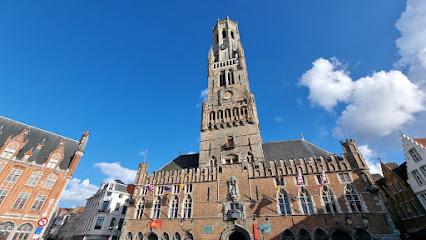
Saint Bavo's Cathedral
Explore the breathtaking Saint Bavo's Cathedral in Ghent, a Gothic masterpiece housing iconic art and rich history.
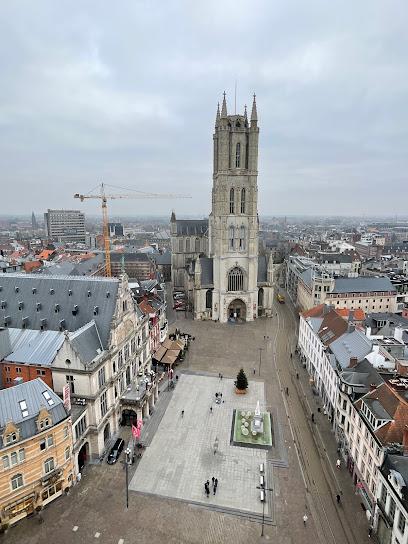
Minnewater Park
Experience the enchanting beauty of Minnewater Park in Bruges, a romantic retreat with stunning landscapes and rich history.
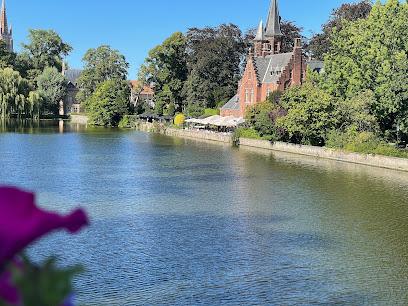
Church of Our Lady
Discover the architectural beauty and rich history of the Church of Our Lady in Bruges, a must-see attraction for every traveler.
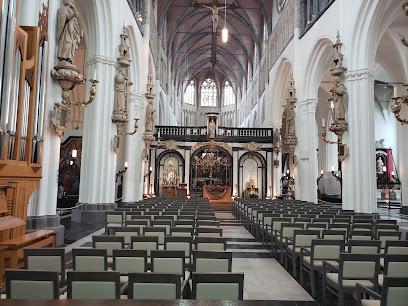
Choco-Story, Chocolate Museum
Discover the rich history of chocolate at Choco-Story in Bruges, where you can learn, taste, and indulge in sweet delights.
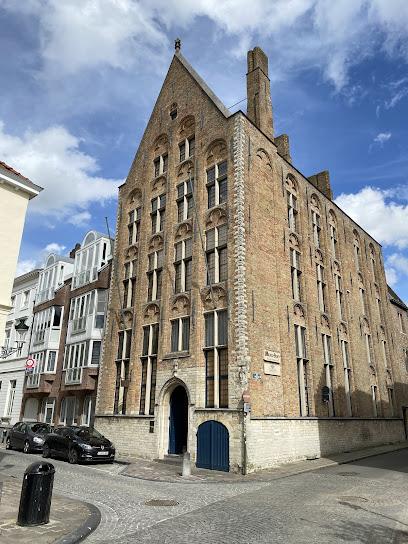
KAA Gent Stadium
Experience the excitement of soccer at KAA Gent Stadium in Ghent, where local culture and sports passion unite in an unforgettable atmosphere.
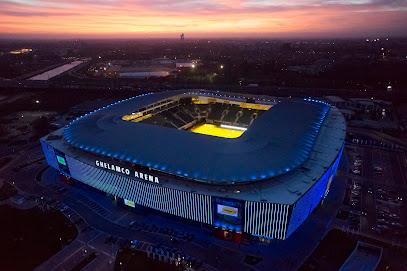
Leopoldpark
Discover the beauty of Leopold Park in Ostend, where nature meets tranquility in a vibrant urban setting perfect for relaxation and exploration.
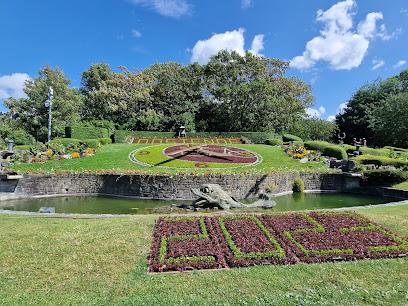
Delta Park Neeltje Jans
Explore Delta Park Neeltje Jans in Vrouwenpolder, a unique theme park blending marine life, amusement rides, and the engineering marvel of the Delta Works.
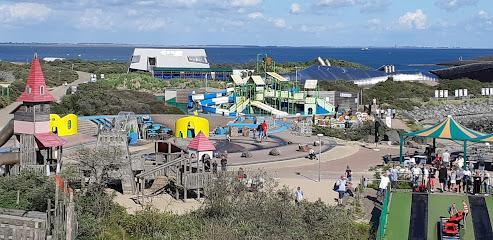
Zwin Natuur Park
Discover the picturesque Zwin Natuur Park, a nature preserve offering breathtaking landscapes and diverse wildlife experiences in Knokke-Heist, Belgium.
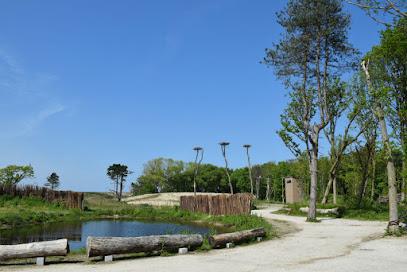
Kursaal Oostende
Discover the vibrant cultural scene at Kursaal Oostende, an iconic event venue combining stunning architecture with unforgettable experiences.
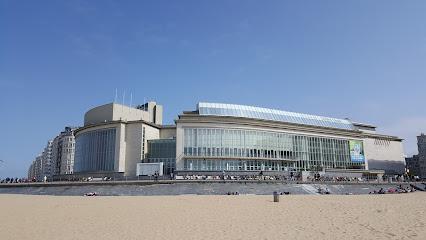
Bruges Beer Experience
Explore the rich history of Belgian brewing at Bruges Beer Experience, where every sip tells a story of tradition and craftsmanship.
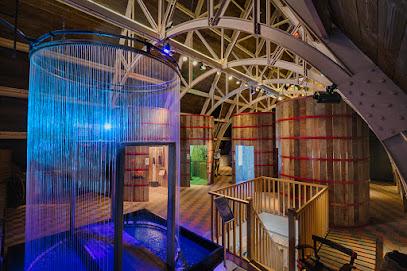
VIERNULVIER
Discover the vibrant artistic landscape of Ghent at VIERNULVIER, a premier event venue, art center, and concert hall in the heart of the city.
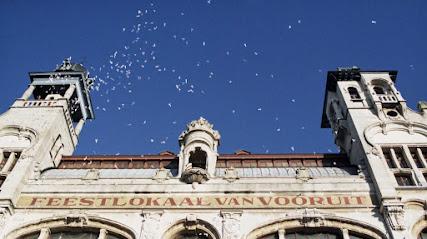
2be shop / The Beerwall / 2be bar
Experience the essence of Belgian beer culture at 2be Shop and The Beerwall in Bruges; a paradise for beer lovers and tourists alike.
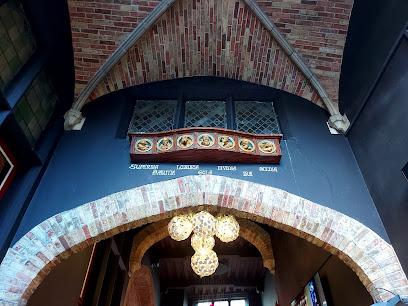
Essential places to dine
‘t Werftje
Experience exceptional seafood dining at ‘t Werftje in Bruges – where fresh flavors meet stunning waterfront views.
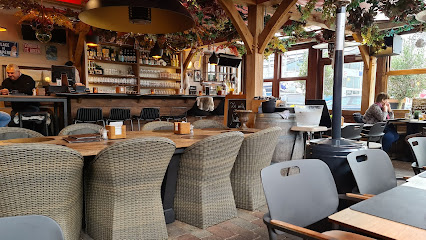
Rooftoprestaurant Njord
Experience exquisite Belgian cuisine with breathtaking harbor views at Rooftoprestaurant Njord in Bruges.
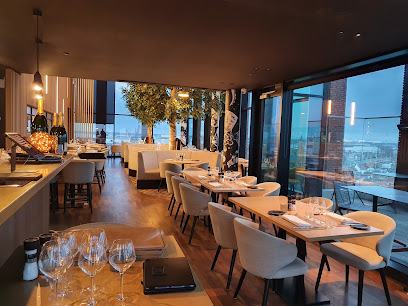
De Goedendag
Experience authentic Belgian cuisine at De Goedendag in Lissewege, where every meal is crafted with care and passion.
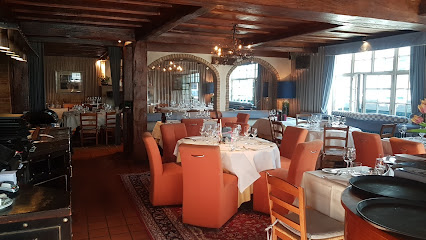
Kebab Amiri Food Shop
Experience authentic kebabs at Kebab Amiri Food Shop in Bruges - where quality meets affordability in every bite.
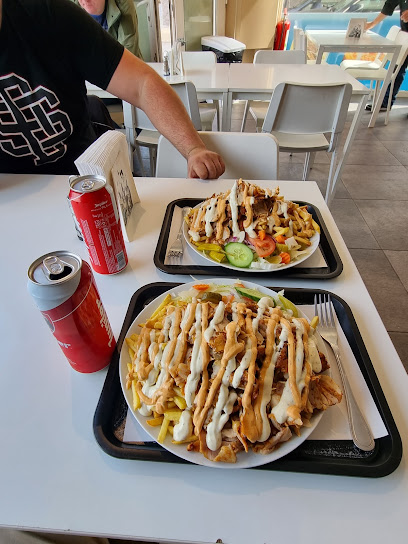
Sel Gris
Experience exquisite fine dining at Sel Gris in Knokke-Heist, where innovative cuisine meets breathtaking seaside views.
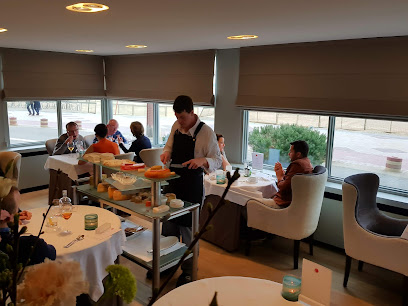
Martin's Visrestaurant
Experience exquisite seafood dining at Martin's Visrestaurant in Bruges - where fresh catches meet culinary artistry.
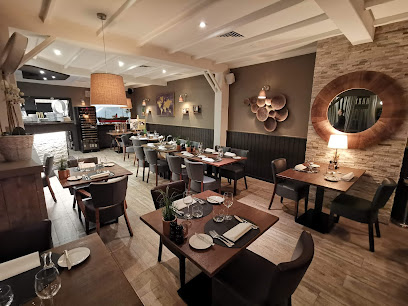
Cocktail Bar & Bistro Old Steamer
Experience exquisite cocktails and delicious French-inspired cuisine at Cocktail Bar & Bistro Old Steamer in beautiful Bruges.
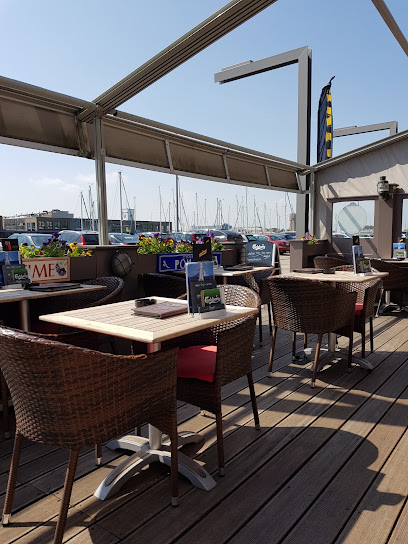
ONA by ‘t Werftje
Discover ONA by ‘t Werftje in Bruges – where authentic tapas meet vibrant atmosphere for an unforgettable dining experience.
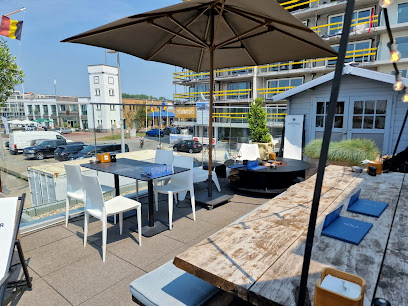
De Kruier
Discover the essence of Belgian cuisine at De Kruier in Knokke-Heist - where tradition meets modern elegance.
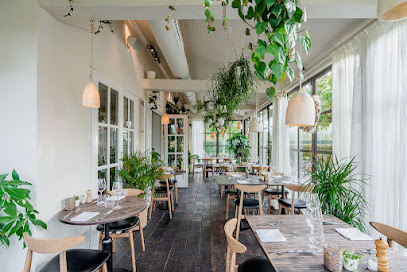
Côte Belge
Discover Côte Belge: An exquisite dining experience on the Belgian coast offering fresh seafood and local delicacies in an inviting atmosphere.
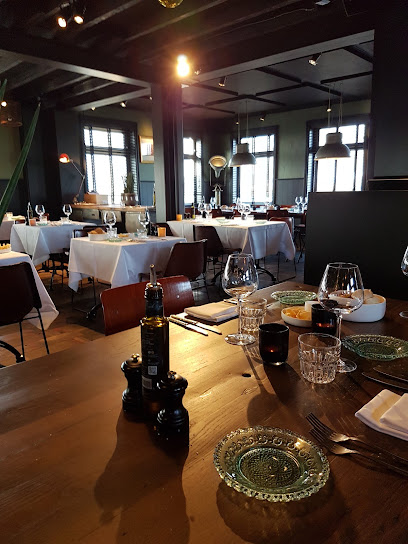
Tijdok
Experience exquisite seafood dining at Tijdok in Zeebrugge - where fresh catches meet culinary excellence.
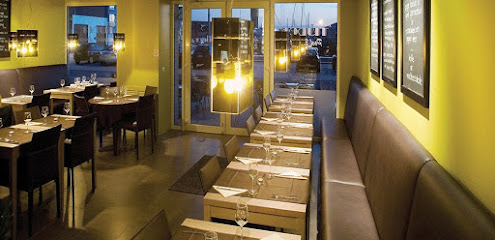
Nelson
Discover exceptional seafood and local flavors at Nelson Brasserie in Bruges – where culinary excellence meets warm hospitality.
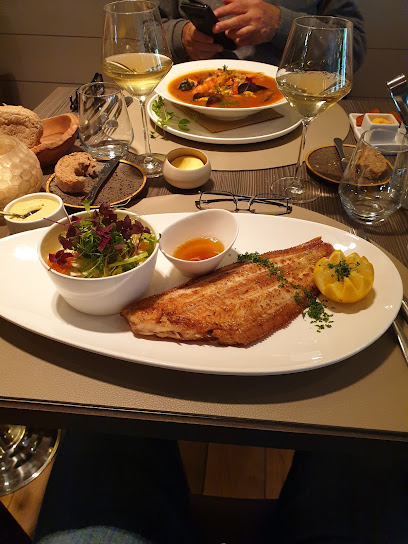
Oasis Pizza & Kebab Zeebrugge (Halal)
Experience authentic Turkish fast food at Oasis Pizza & Kebab in Zeebrugge, where flavor meets tradition in every bite.
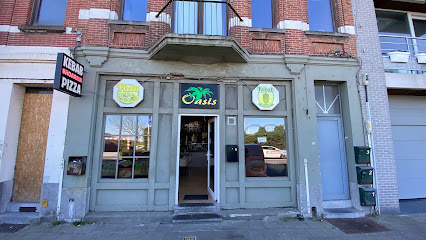
Port Basil Zeebrugge
Experience authentic Italian flavors at Port Basil Zeebrugge, where delicious pizzas meet warm hospitality in a charming coastal setting.
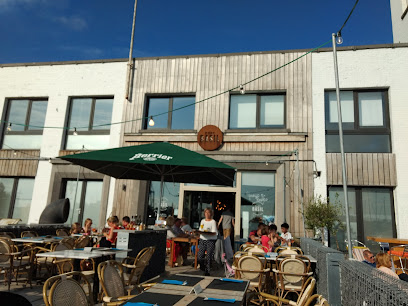
Huyze Saeftinghe
Experience authentic Belgian cuisine at Huyze Saeftinghe in Lissewege – where local flavors meet warm hospitality.
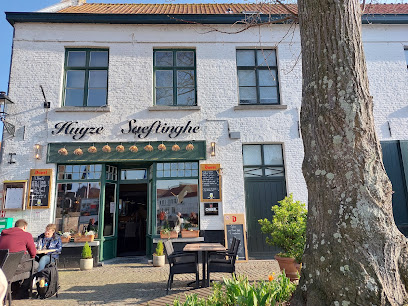
Markets, malls and hidden boutiques
Spar Zeebrugge
Discover the local flavors and everyday essentials at Spar Zeebrugge, your go-to supermarket in beautiful Bruges.
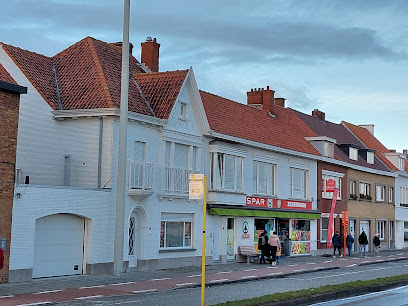
Carrefour market ZEEBRUGGE
Discover local flavors at Carrefour Market Zeebrugge, your go-to supermarket for fresh produce, bakery delights, and gourmet treats.
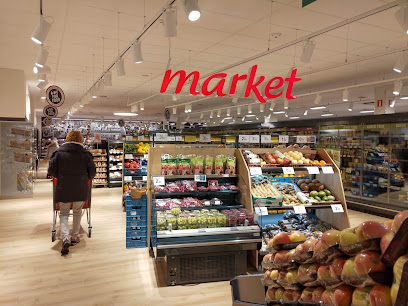
Korenbloem
Indulge in the irresistible flavors of Korenbloem, a charming bakery in Bruges offering fresh bread, pastries, and delightful sandwiches.
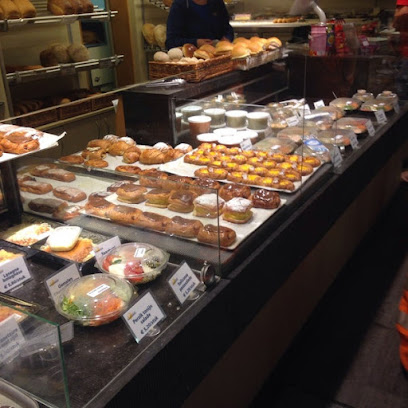
Engelrelst Bvba
Discover the essence of Brugge at Engelrelst Bvba, a boutique offering unique gifts and local crafts in the heart of Zeebrugge.
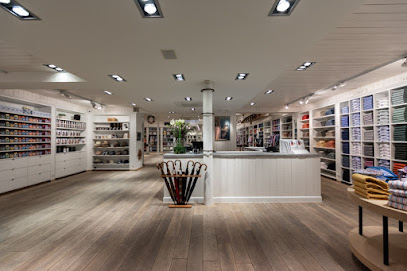
Papershop JPM
Discover the literary charm of Bruges at Papershop JPM, where every book tells a story and every visit feels like home.
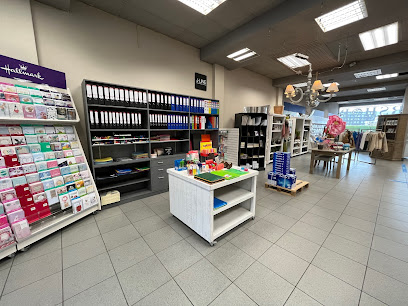
Hengelsport Eria
Discover the ultimate fishing experience at Hengelsport Eria, your go-to bait shop in Bruges, offering expert advice and a wide selection of gear.
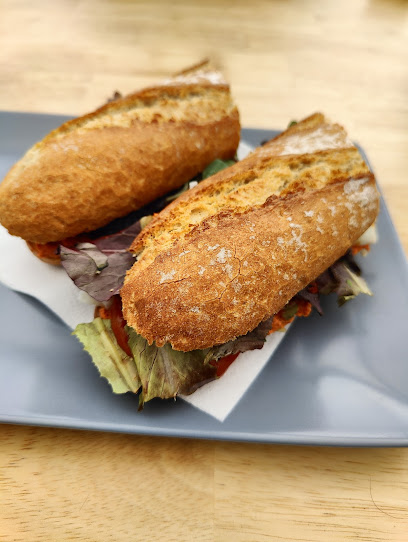
Magazin Romanesc Dunarea
Explore the flavors of Romania at Magazin Romanesc Dunarea, a charming convenience store in Bruges offering authentic snacks and cultural treasures.
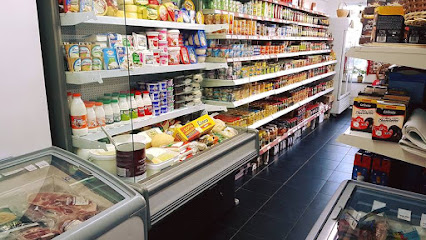
Shop&Shop
Discover local treasures and essentials at Shop&Shop, Zeebrugge's charming general store offering a unique shopping experience.
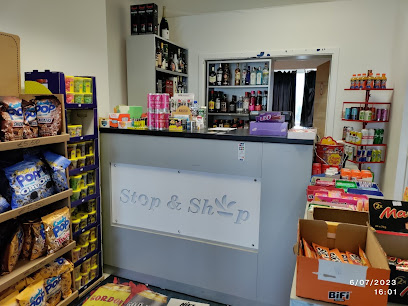
P&J Chocolate factory
Discover exquisite handcrafted chocolates at P&J Chocolate Factory, a sweet gem in the heart of Bruges, perfect for every chocolate lover.
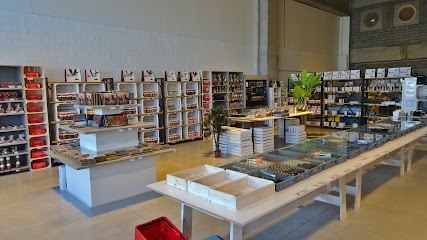
Icarus kitesurf shop
Discover the thrill of kitesurfing and water sports at Icarus Kitesurf Shop in Zeebrugge - where adventure meets expertise.
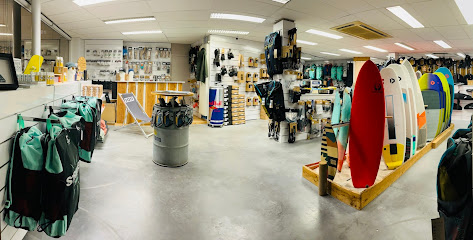
IzyCoffee Zeebrugge
Experience the warmth of IzyCoffee in Zeebrugge, where quality brews and a cozy atmosphere await every visitor.
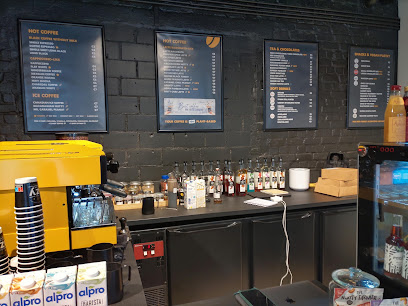
Choc'Lat Port
Discover the exquisite world of handmade chocolates and pastries at Choc'Lat Port in Bruges, Belgium's sweetest destination.
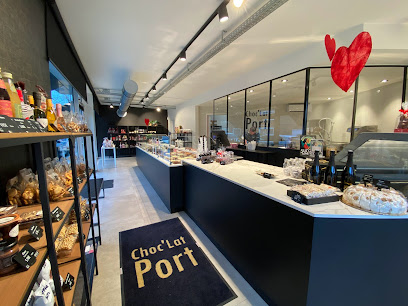
Kringwinkel 't rad Seafront (Zeebrugge)
Explore unique treasures at Kringwinkel 't rad Seafront, a sustainable thrift store in Zeebrugge, perfect for finding local gems and supporting a good cause.
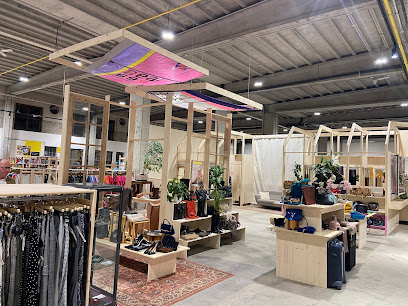
Disteltje
Discover the vibrant flavors of Disteltje, Bruges' charming produce market filled with fresh fruits, vegetables, and local delicacies.
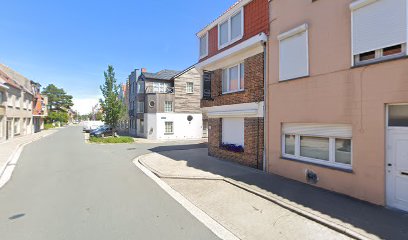
Pharmacy Havendam BVBA
Explore Zeebrugge with confidence, knowing Pharmacy Havendam BVBA is here for your health needs, offering quality care and a wide range of products.
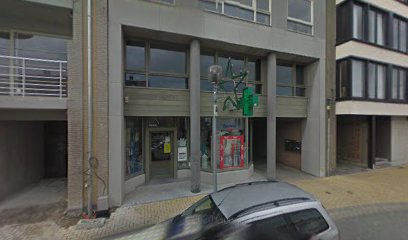
Essential bars & hidden hideouts
‘t Werftje
Experience the best seafood in Bruges at ‘t Werftje, where fresh local flavors meet a charming canalside atmosphere.
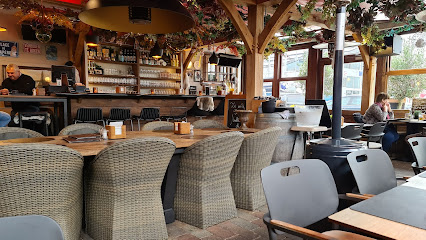
Cafe Rose Red
Experience the cozy charm of Café Rose Red in Bruges, where delightful drinks and delicious meals await every visitor.
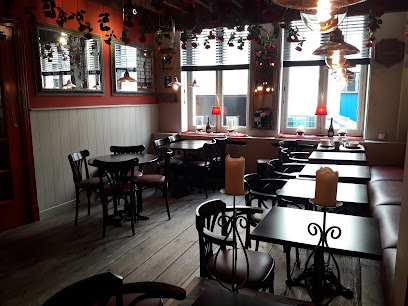
Rooftoprestaurant Njord
Experience breathtaking views and exceptional dining at Rooftoprestaurant Njord, a culinary gem in Bruges overlooking the picturesque harbor.
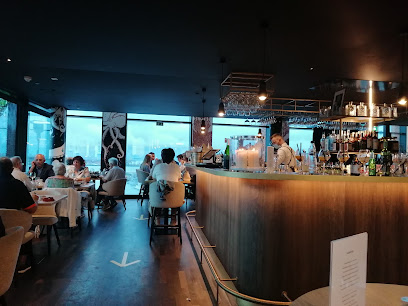
Groot Vlaenderen
Experience the vibrant cocktail culture of Bruges at Groot Vlaenderen, where innovative drinks and a chic atmosphere await.
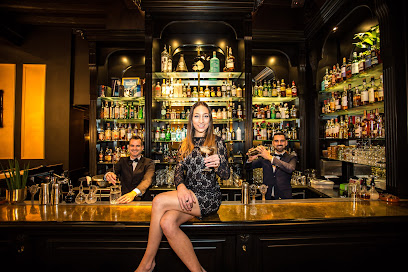
Cocktail Bar & Bistro Old Steamer
Discover the sophisticated blend of cocktails and French cuisine at Old Steamer in the heart of Bruges, a stunning waterfront destination.
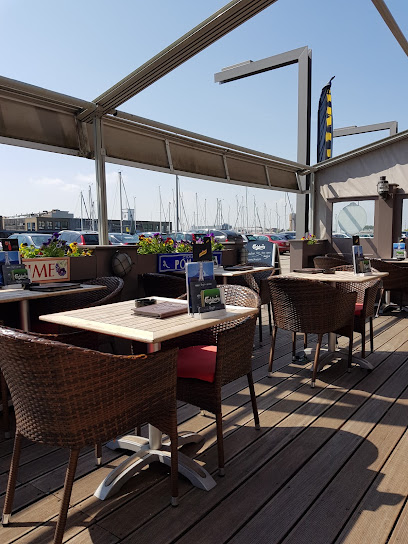
ONA by ‘t Werftje
Experience the vibrant flavors of Spain with delicious tapas and refreshing drinks at ONA by ‘t Werftje, the perfect spot in Bruges.
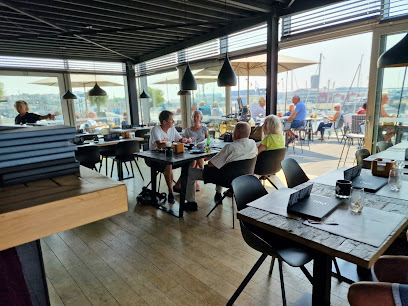
Tijdok
Discover the ultimate seafood dining experience at Tijdok in Bruges, where freshness meets flavor in an inviting coastal atmosphere.
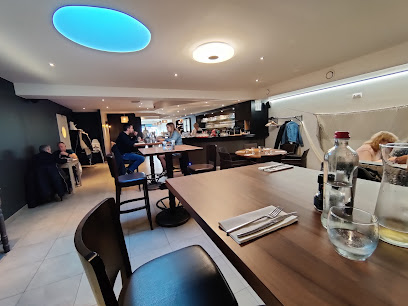
Banana Moon Beach
Experience the lively vibes at Banana Moon Beach, a premier bar in Zeebrugge offering delicious cocktails, stunning views, and unforgettable events.
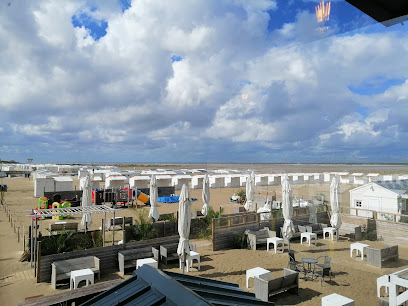
Sea and Sand
Experience the best of Belgian cuisine at Sea and Sand, where coastal flavors meet a warm, inviting atmosphere in Zeebrugge.
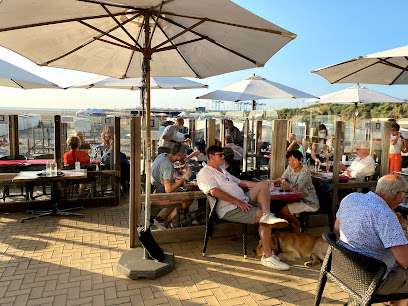
Restaurant De Kombuis
Experience authentic Belgian cuisine in the heart of Bruges at Restaurant De Kombuis, a charming bistro with a cozy atmosphere.
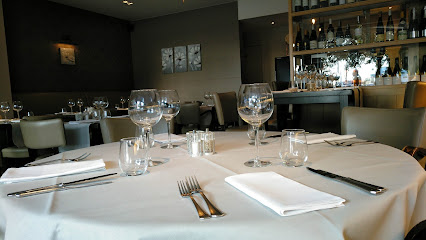
Restaurant Lagaar
Experience the authentic flavors of Belgium at Restaurant Lagaar in Bruges, where culinary excellence meets charming ambiance.
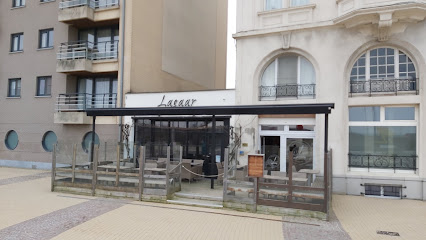
Boho Village Experience
Experience the vibrant atmosphere of Boho Village in Blankenberge, a trendy bar offering unique drinks and a lively ambiance perfect for relaxation.
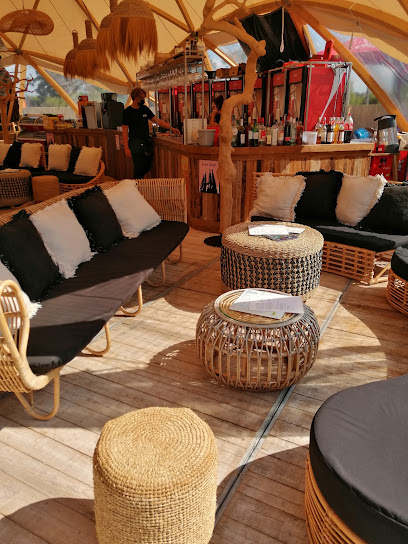
Café Abri
Discover the charm of Café Abri in Zeebrugge, a cozy pub in Bruges offering local flavors and a friendly atmosphere for every traveler.
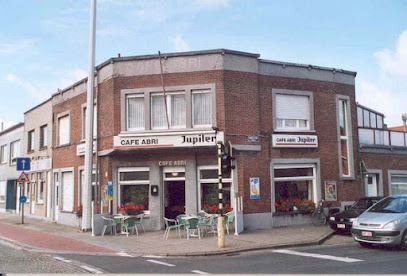
Seafront Boulder
Experience the thrill of climbing at Seafront Boulder, Bruges' top rock climbing gym and vibrant sports bar for all adventure lovers.
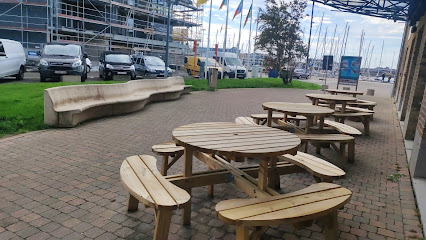
Cafe The Sailor
Experience local charm and delightful beverages at Cafe The Sailor in Zeebrugge, a must-visit spot for travelers exploring Bruges.
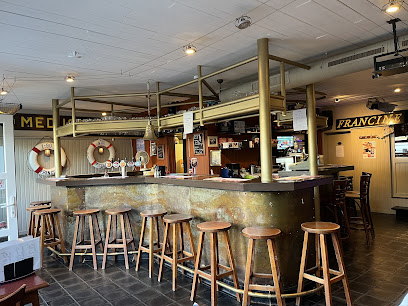
Local Phrases
-
- HelloHallo
[HAH-loh] - GoodbyeTot ziens
[toht zeens] - YesJa
[yah] - NoNee
[nay] - Please/You're welcomeAlstublieft
[ahl-stu-BLEEFT] - Thank youDank je
[dahnk yuh] - Excuse me/SorrySorry
[SOH-ree] - How are you?Hoe gaat het?
[hoo gaat het] - Fine. And you?Goed. En met jou?
[khoot. en met yow] - Do you speak English?Spreekt u Engels?
[sprekt oo eng-uhls] - I don't understandIk begrijp het niet
[ik buh-GRAIP het neet]
- HelloHallo
-
- I'd like to see the menu, pleaseMag ik de kaart zien, alstublieft
[mahk ik duh kart zeen, ahl-stu-BLEEFT] - I don't eat meatIk eet geen vlees
[ik ayt khayn vleys] - Cheers!Proost!
[prohst] - I would like to pay, pleaseIk wil graag betalen, alstublieft
[ik vil khrahg buh-TAH-luhn, ahl-stu-BLEEFT]
- I'd like to see the menu, pleaseMag ik de kaart zien, alstublieft
-
- Help!Help!
[help] - Go away!Ga weg!
[ga vekh] - Call the Police!Bel de politie!
[bel duh poh-lee-see] - Call a doctor!Bel een dokter!
[bel ayn DOHK-tuhr] - I'm lostIk ben verdwaald
[ik ben vuhr-DWAH-lt] - I'm illIk ben ziek
[ik ben zik]
- Help!Help!
-
- I'd like to buy...Ik wil graag kopen...
[ik vil khrahg KOH-puhn] - I'm just lookingIk kijk alleen maar
[ik kaijk ahl-AYN mahr] - How much is it?Hoeveel kost het?
[HOO-vale kost het] - That's too expensiveDat is te duur
[dat iss tuh duhr] - Can you lower the price?Kunt u de prijs verlagen?
[kunt oo duh prays fur-LAH-gun]
- I'd like to buy...Ik wil graag kopen...
-
- What time is it?Hoe laat is het?
[hoo laat iss het] - It's one o'clockHet is een uur
[het iss ayn uhr] - Half past (10)Half elf
[hahlf elf] - MorningOchtend
[OHK-tuhnd] - AfternoonMiddag
[MID-dahkh] - EveningAvond
[AH-vuhnt] - YesterdayGisteren
[GHIS-tuh-ruhn] - TodayVandaag
[vahn-dahkh] - TomorrowMorgen
[MOHR-khun] - 1Eén
[ayn] - 2Twee
[tway] - 3Drie
[dree] - 4Vier
[veer] - 5Vijf
[vayf] - 6Zes
[zehs] - 7Zeven
[zay-ven] - 8Acht
[ahkht] - 9Negen
[NAY-khun] - 10Tien
[teen]
- What time is it?Hoe laat is het?
-
- Where's a/the...?Waar is een/de...?
[vahr iss ayn/de] - What's the address?Wat is het adres?
[vaht iss het AH-dres] - Can you show me (on the map)?Kunt u mij laten zien (op de kaart)?
[kunt oo may lah-tuhn zeen (op duh kart)] - When's the next (bus)?Wanneer is de volgende (bus)?
[VAHN-ur iss duh vohl-HEN-duh (buhs)] - A ticket (to ....)Een ticket (naar ....)
[ayn ticket (naar)]
- Where's a/the...?Waar is een/de...?
History of Zeebrugge
-
Zeebrugge, meaning 'Sea Bridge,' originated in the late 19th century as the port of Bruges. The construction of the port began in 1895, and by 1907, it became operational. The strategic location on the North Sea allowed Zeebrugge to develop rapidly as a significant transport hub and fishing port.
-
On April 23, 1918, Zeebrugge was the focal point of a daring British naval operation during World War I, known as the Zeebrugge Raid. The goal was to block the German U-boat base and prevent submarines from accessing the North Sea. Despite heavy casualties, the raid partially succeeded in blocking the Bruges Canal, though the port remained operational.
-
During World War II, Zeebrugge again found itself at the heart of military action. The port was heavily fortified by the Germans and played a role in the Battle of the Scheldt in 1944. Allied forces aimed to secure the Scheldt estuary to ensure access to the port of Antwerp, leading to intense fighting in the region.
-
After the devastation of World War II, Zeebrugge underwent significant reconstruction and modernization. The port facilities were expanded, and new infrastructure was built to accommodate larger vessels. By the late 20th century, Zeebrugge had established itself as one of Europe's most important cargo and passenger ports.
-
Opened in 1995, the Sealife Centre in Zeebrugge is a major attraction that showcases the marine biodiversity of the North Sea. The center features a variety of exhibits, including an underwater tunnel, and plays a crucial role in marine conservation and education.
-
The Zeebrugge Memorial, unveiled in 1927, commemorates the bravery of the British forces involved in the Zeebrugge Raid. The town also celebrates its maritime heritage through various cultural events and festivals, reflecting its enduring connection to the sea.
Zeebrugge Essentials
-
Zeebrugge is located on the coast of Belgium, near the city of Bruges. The nearest international airport is Brussels Airport (BRU), approximately 110 kilometers away. From Brussels, you can take a train to Bruges, which takes around 1 hour. From Bruges, a local train or bus can take you directly to Zeebrugge in about 20-30 minutes. Alternatively, you can drive or take a taxi from Brussels to Zeebrugge, which typically takes around 1.5 hours.
-
Zeebrugge is a small town and many attractions are within walking distance. For longer trips, local buses and taxis are readily available. De Lijn operates a bus service connecting Zeebrugge to nearby cities such as Bruges. Renting a bike is another popular option, as the area is bike-friendly and offers scenic routes along the coast. Car rentals are available for those who prefer to explore at their own pace.
-
The official currency in Belgium is the Euro (EUR). Credit cards are widely accepted in hotels, restaurants, and shops. However, it is advisable to carry some cash for small purchases, especially in local markets and smaller establishments. ATMs are available throughout Zeebrugge, and you can also exchange currency at banks or dedicated exchange offices.
-
Zeebrugge is generally a safe destination for tourists. Standard precautions should be taken, such as avoiding dimly lit areas at night and keeping an eye on personal belongings in crowded places. There are no specific high-crime areas targeting tourists, but it is always wise to stay vigilant, particularly around the port area where there is more activity.
-
In case of emergency, dial 112 for immediate assistance. The local police station and medical facilities are available in Zeebrugge. It is advisable to have travel insurance that covers medical emergencies. Pharmacies are available for minor health issues, and many staff members speak English.
-
Fashion: Do dress comfortably and appropriately for the weather. Avoid overly flashy clothing. Religion: Do respect local customs and traditions when visiting religious sites. Public Transport: Do be courteous and give up your seat to those in need. Don't talk loudly or play music on public transport. Greetings: Do greet people with a simple 'hello' or 'bonjour'. A handshake is common. Eating & Drinking: Do try local seafood delicacies and Belgian beers. Don't leave a large tip, as service charges are usually included in the bill.
-
To experience Zeebrugge like a local, visit the fish market early in the morning to see the fresh catch of the day. Take a leisurely stroll along the beach or rent a bike to explore the coastal paths. Engage with locals at cafes and try regional dishes such as 'moules-frites' (mussels and fries). Don’t miss visiting the nearby city of Bruges for its medieval architecture and canals.
Trending Landmark in Zeebrugge
Nearby Cities to Zeebrugge
-
Things To Do in Blankenberge
-
Things To Do in Knokke-Heist
-
Things To Do in Bruges
-
Things To Do in De Haan
-
Things To Do in Ostend
-
Things To Do in Ostend-Bruges International Airport
-
Things To Do in Nieuwpoort
-
Things To Do in Ghent
-
Things To Do in Kortrijk
-
Things To Do in Ypres
-
Things To Do in Aalst
-
Things To Do in Lille
-
Things To Do in Tournai
-
Things To Do in Antwerp
-
Things To Do in Mechelen











